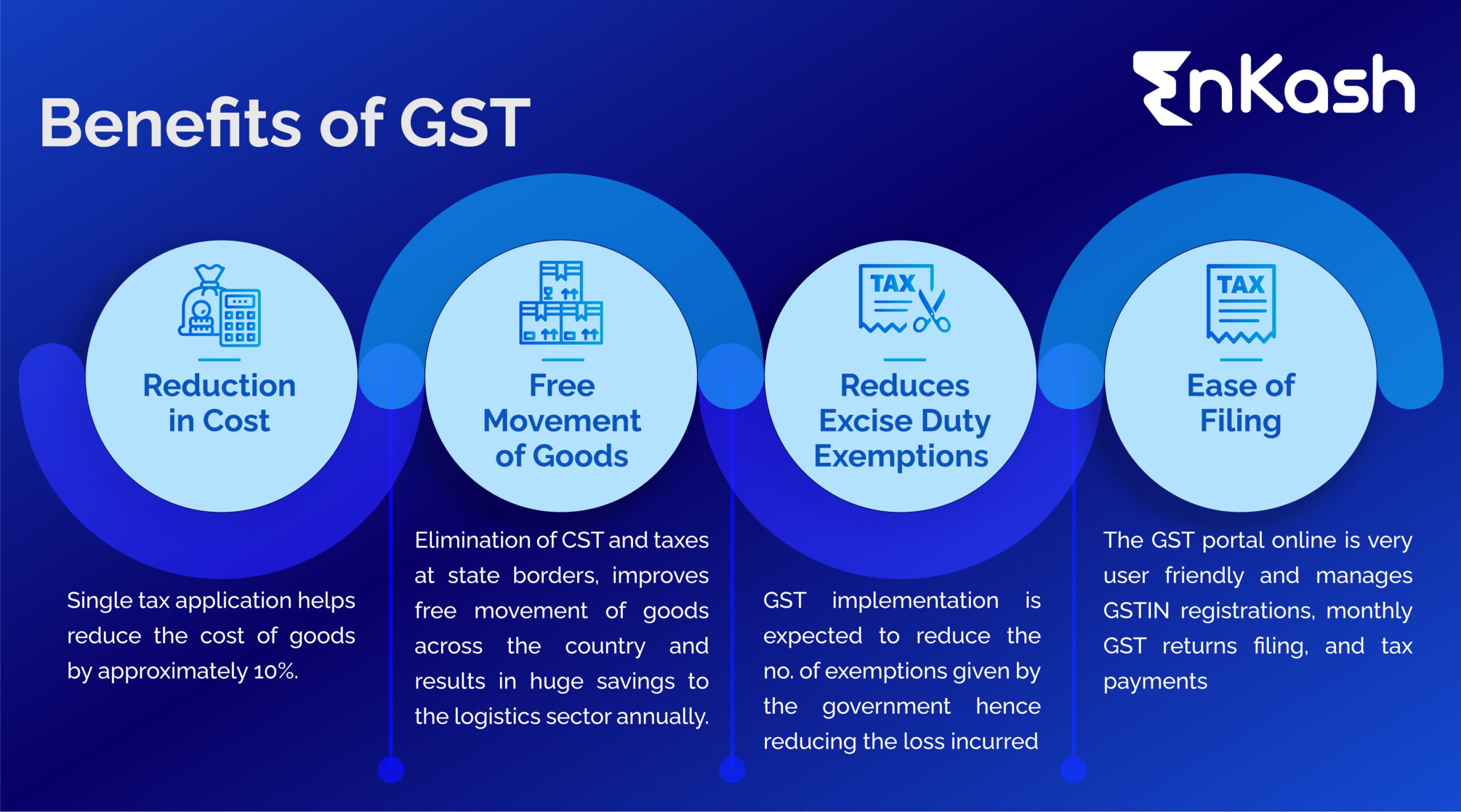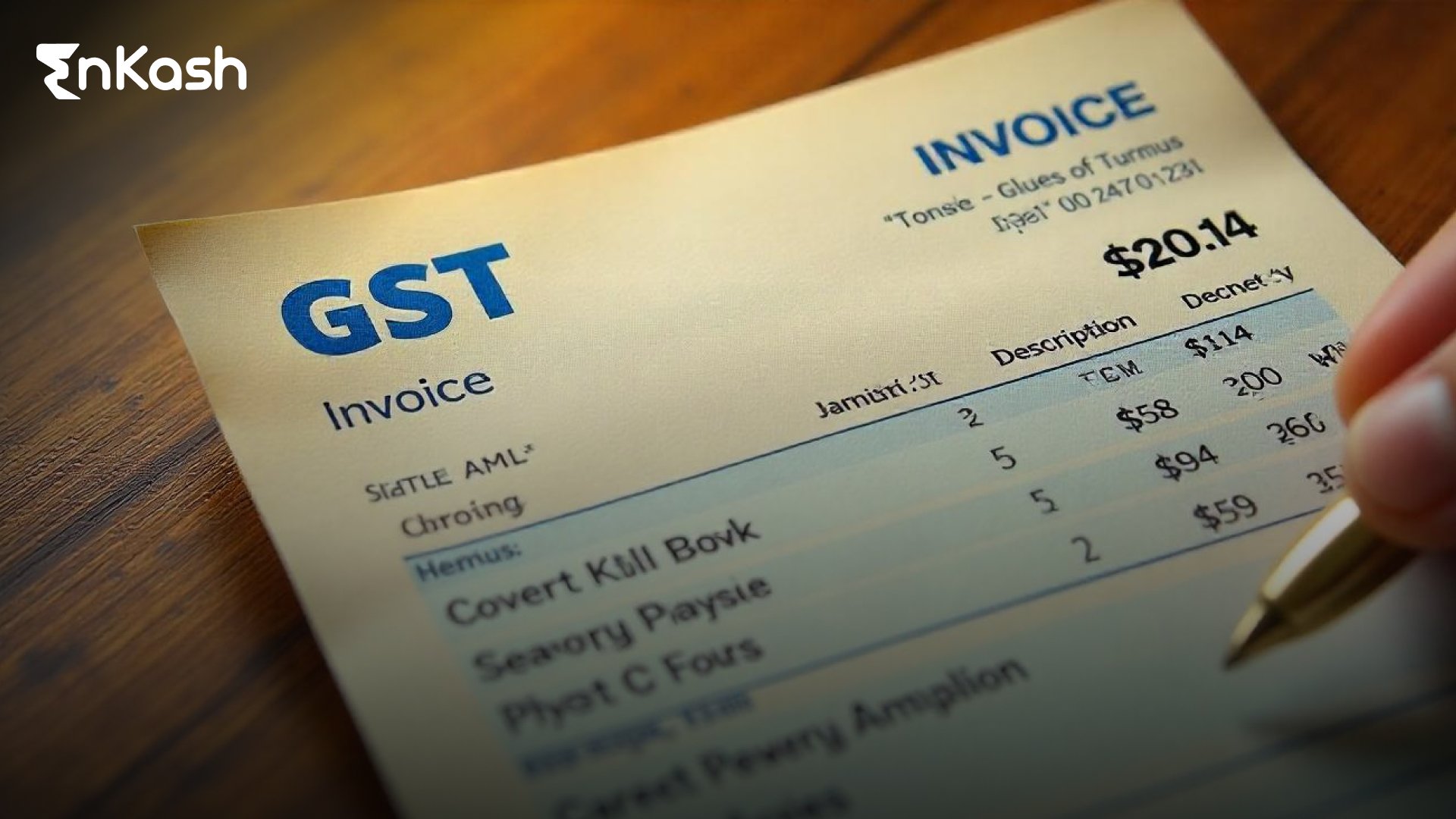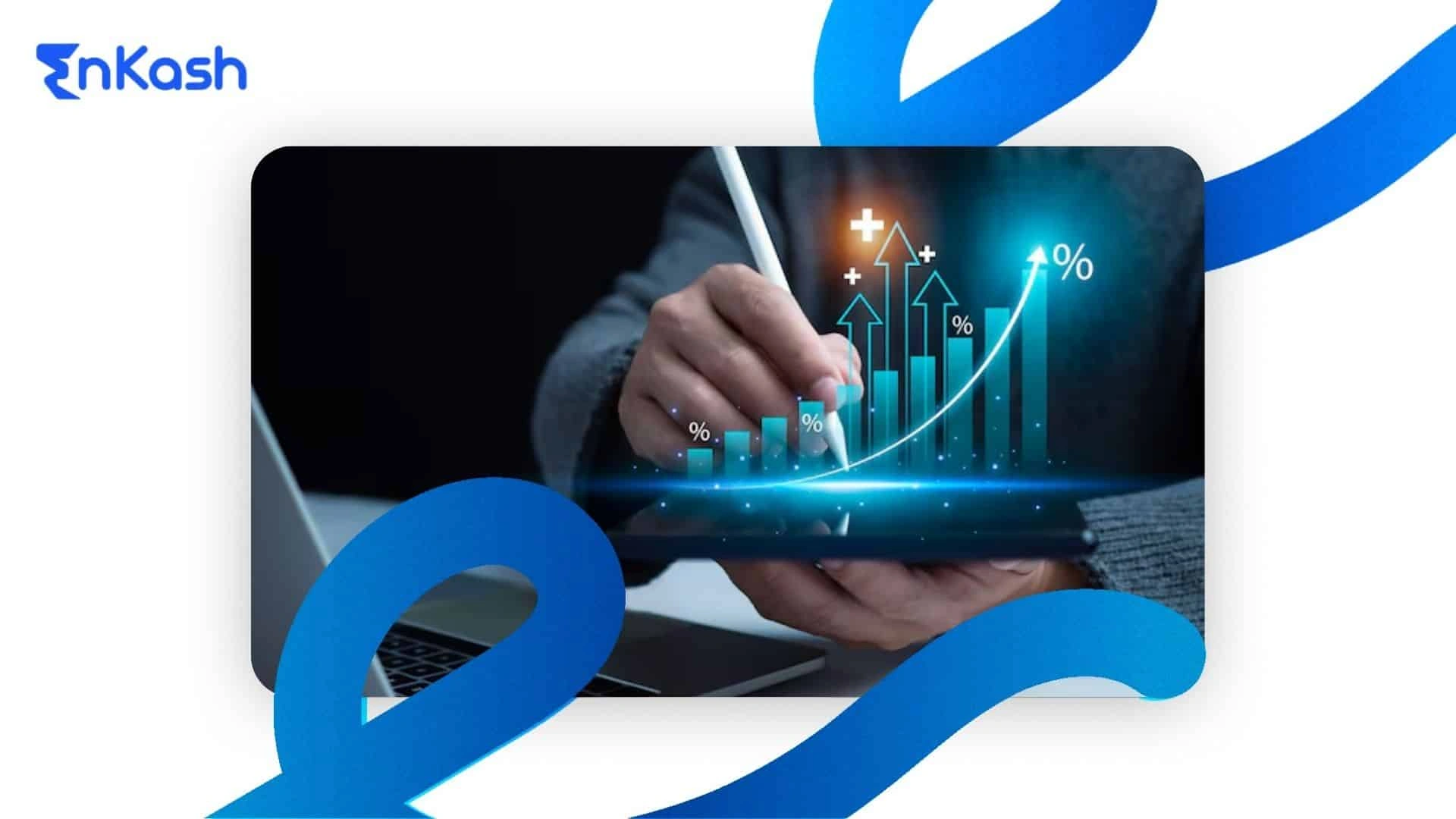Goods and Service Tax is the sales tax that is payable on all goods and services. For businesses whose turnover in a financial year is more than 40 lakhs in India need to register themselves for GST mandated under the GST Law. And for service providers the eligibility to register for GST is 20 lakhs in a financial year.
For every supply of goods and services in the sales cycle a percentage of GST is charged by the provider to its recipient. The tax amount which is collected at every stage of the manufacturing and distribution channel is eventually refundable to all the participants except for the end consumer by virtue of the GST Invoice.
What is GST Invoice?
As per GST Invoice rules, GST Invoice is the receipt or the document that includes information regarding all the parties that are involved in the supply cycle, from the supplier of raw material to the end consumer.
The receipt is issued to document the transaction of sales of goods and services between various parties.
To avail the benefit of input tax credit issuance of GST invoice or bill of supply is important. This centralized formulation of tax reform has benefitted both businesses and consumers since its adaptation.
Why Was GST Introduced?
In India to have a centralized tax on all goods and services and reduce the tax burden, GST was introduced by the Government of India on 1st July 2017 wherein many other indirect taxes were subsumed. The adoption of GST was to formulate the principle of ‘One Nation, One Tax’.
GST is an indirect tax that is levied on the sale of all goods and services. For businesses, this plays an important role as this tax amount is refundable, enabling them to enjoy input tax credit. The introduction of GST has also reduced the cost of production and the cost of logistics, which has enabled increase in profit margin for businesses.
Also unlike before the tax filing process under GST payment is a very simple process. This has lead to timely filing of tax reports by businesses, increasing the base of tax payers in India.
Who Is Eligible To Issue A GST Invoice?
According to GST invoice rules, any GST registered seller is eligible to issue GST Invoice, and if you are not registered then you should know the GST registration requirements to register under GST and in fact, under the GST Law, it is mandatory as a registered supplier to issue and provide a GST invoice along with a payment receipt to the receiver of the goods and services. If you are a registered seller under the GST, you are liable to issue a GST invoice on the sale of any goods and services. If you are wondering what fields to include in the GST Invoice the following pointers covers all the required fields, so keep reading.
Steps to understand GST invoicing rules
Implementation of Goods and Services Tax is one of the most significant tax reforms our county has seen. However, businesses need to be aware of certain regulations around GST invoicing. Here are a few…
- A GST invoice must be issued by any business that holds a GST registration.
- The time limit to issue a GST invoice can vary depending on the supply of goods or services.
- Few sectors are considered special cases when it comes to GST invoicing such as Banking, transport agencies, and passenger transport. Relaxation differs in each sector.
- A supplementary invoice can be issued in exceptional situations like change in taxable amounts, return of the product due to low quality, or if the buyer claims a refund.
- Invoice date is not the same as the Due date. The invoice date is the date of creation of the document while the latter is within which the amount on the invoice must be paid.
Also Read: GST State Code List
Required Fields To Include in GST Invoice
A GST invoice is a legal document containing information regarding the sale of any goods and services. Under the GST Law, as a registered supplier, you are legally obligated to issue a GST invoice to the recipient. This legal document helps you to avail input tax credit and also it reduces the overall tax burden, in fact, you should also learn about types of GST returns to avail of the maximum benefit.
Under the GST terms and conditions in India, the format of the GST invoice should have the following necessary fields:
- Invoice number
- Invoice Type
- Name of Supplier
- Name of consumer
- Date of issuing the invoice
- Address of the supplier
- GSTIN (for registered suppliers)
- Shipping and billing address
- Service Accounting Codes (SAC)/ Harmonized System of Nomenclature code (HSC)
- Description of items supplied. (quantity, valuation, number, etc.)
- The total amount of tax payable, including any discounts
- GSTIN of consumer (if registered)
- Rate of CGST/ SGST/ IGST
- Reverse charge payable (if applicable)
- Signature of issuer

A GST invoice should be issued by the supplier within a month of sale as mandated under the GST rules and regulations. Also for businesses if following the issuance of a GST invoice there arises any discrepancy, with the mutual consent of both supplier and consumer the GST invoice can be revised and generated in the form of a credit note in GST.
What is Revision of GST Invoice?
The revised GST invoice is issued against an already existing invoice with discrepancies that needs revision. A revised GST invoice should adhere to GST invoice terms and conditions, as it is a legal document containing data regarding the supply of goods and services. If you are confused about how to revise GST invoices that comply with the GST invoice rules, check EnKash invoicing for an easy and detailed explanation.
Maximum Savings with GST Invoice
If you are a supplier registered under GST, purchasing products from any third party drop shipping platforms allows you to get bonus discounts on the goods purchased. This extra bonus discount is known as maximum savings.
All you have to do is attach your GST Invoice along with details of your Corporate Cards on the payment page. By attaching your GST Invoice you get the benefit of maximum savings i.e a much higher discounted rate on any purchase.
For all your B2B transitions you are entitled to extra discounted prices on all your purchases by attaching your GST invoice while making payments.
The issuance of GST invoices has eradicated the complications of various business tax compliances. As a business, you not only save money with input tax credit but also enjoy the reduced burden of cascading taxes encouraging a favorable business environment.
To know more, visit: EnKash. We will reach out to you soon.














